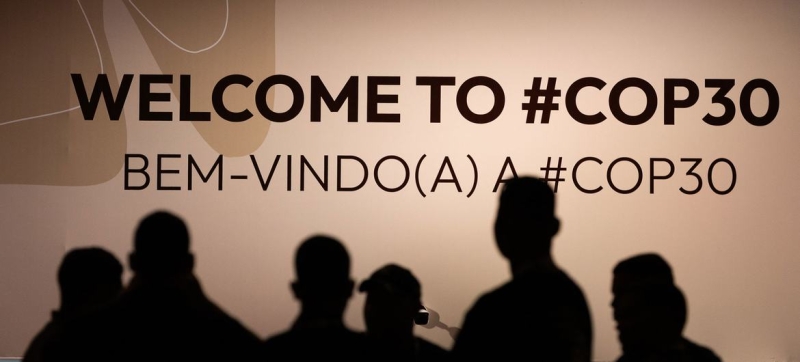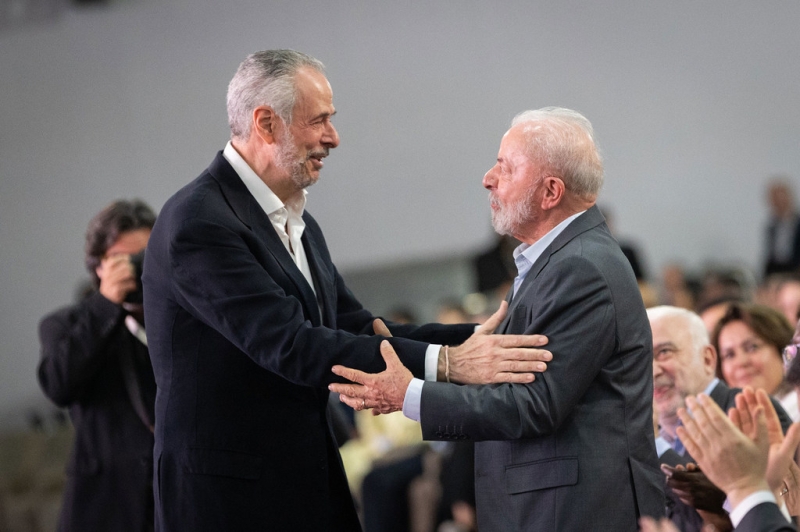
The first day of the conference was marked by cautious optimism: the number of countries that presented new climate plans reached 113. From promises to action: COP30 delegates demand faster climate progress Climate and Environment
The 30th UN Climate Conference (COP-30) kicked off in the Brazilian city of Belém on Monday. Delegates came to the forum with a clear message: the era of half measures is over. The climate crisis is here – causing widespread destruction and increasing economic costs. But there is a way out: clean energy is developing, international cooperation can still change the negative trajectory.
Opening the conference, Brazilian President Luiz Inacio Lula da Silva called for decisive action: “The moment has come when opportunities must match the urgency of the challenges we face. We must finally overcome climate crisis denial and maintain the 1.5 degree Celsius target.” obligations
The first day of the conference was marked by cautious optimism: the number of countries that presented new climate plans reached 113. Collectively, they account for nearly 70 percent of global greenhouse gas emissions. According to the UNFCCC’s preliminary estimate, countries’ commitments will help reduce emissions by 12 percent by 2035, although this is not enough to guarantee the achievement of the Paris Climate Agreement’s goal of keeping global temperature rise to within 1.5 degrees Celsius compared to pre-industrial levels. He called Belem an inspiring example: “The Amazon is not one river, but a system of thousands of tributaries. Likewise, the implementation of the conference decisions should be based on many streams of international cooperation.”

COP30 President André Correa do Lago greets Brazilian President Luiz Inácio Lula da Silva during the opening of the conference in Belém.
No country can do it alone
Still warned that no single national plan could solve the problem on its own. Economic losses from climate disasters can reach double digits. “Inaction is not justified either economically or politically,” he emphasized. “It is inexcusable that extreme weather continues to claim lives when effective solutions already exist.”
He listed among the COP30 priorities a phase-out of fossil fuels, tripling renewable energy capacity, doubling energy efficiency, mobilizing $1.3 trillion annually for developing countries, establishing global adaptation indicators and advancing programs for a just transition to a clean energy.
“Truth Conference”
President Lula said that “climate change is not a threat of the future, but a tragedy of the present.” He called COP 30 a “conference of truth” and stressed that denial and delay are no longer acceptable. “We’re moving in the right direction, but at the wrong speed,” he said. “Exceeding the 1.5 degree threshold is a risk we cannot take.”
He strongly condemned climate change denial, noting that those behind it “reject not only science, but also the progress of multilateral diplomacy.” Without the Paris Agreement, he said, the world would be heading towards catastrophic warming of almost five degrees by the end of the century.
The path to a fossil fuel transition
Lula called on world leaders to make ambitious commitments and integrate climate change adaptation into national strategies. He proposed a “road map for humanity” to overcome dependence on fossil fuels, restore forests and mobilize necessary resources. He also announced the creation of a new fund to support the energy transition in developing countries using oil revenues.
The November 6-7 leaders’ summit in Belém has already mobilized $5.5 billion for an initiative aimed at supporting countries protecting their forests. Other collective commitments include recognizing indigenous land rights, quadrupling clean fuel production and linking climate action to the fight against hunger, poverty and “environmental racism.”
Hosting COP30 in the heart of the Amazon is a “challenging but necessary undertaking,” Lula said, giving the world a glimpse into the reality of the planet’s most biodiverse region, home to more than 50 million people. people and 400 indigenous peoples.
